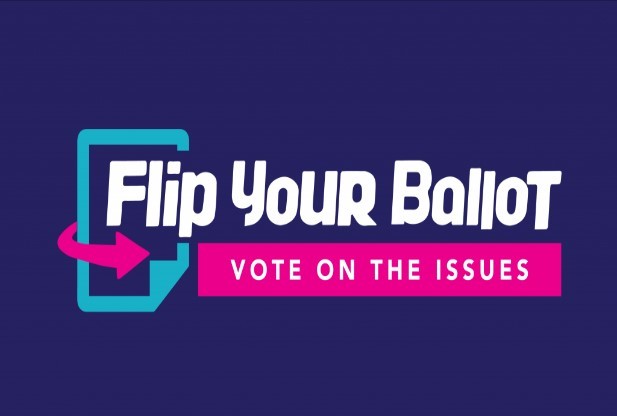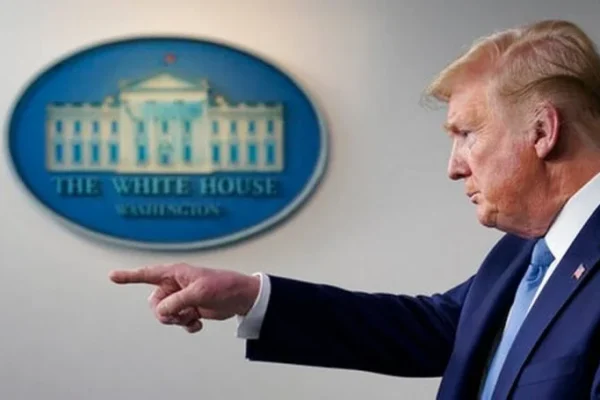Local NYC politicians showed up at a Town Hall meeting last night. The purpose of the program was to inform and educate New Yorkers about the issues that appear on the flip side of the November 6, 2018 candidate ballots.
NYC governance issues receive very little publicity because it is frequently in the best interest of political leadership to keep citizens uninformed. In general, voters focus entirely on selecting their candidate and are unaware that the queries on the reverse side of the forms and miss the reality that the questions relate to issues of governance that impact directly on their quality of life.

For/Against
Appearing before a few hundred local residents, the presenters included Comptroller Scott Stringer; Manhattan Borough President Gale Brewer; Council Members Ben Kallos (Manhattan) and Brad Lander (Brooklyn); Attorney John Siegal, Charter Revision Commission and Attorney Rachel Harding of Falcon, Rappaport & Berkman PLLC. The panel was moderated by Ben Max, Executive Editor, Gotham Gazette.

Issues: NYC Charter Revision Commission
1. Campaign Finance. Who should pay for political campaigns?
The aim of this proposal is to amend the City Charter to lower the amount of money a candidate for a City elected office can accept from a contributor while increasing the amount received from the City’s public financing program.
One question that could be raised (and is not): Why should tax dollars be used to finance the campaign of a wannabe politician? In my opinion, if someone wants to run for public office the campaign should be entirely self-financed and supported by private contributions.
Unfortunately, this question is not part of the process. The Commission is interested in dealing with the persistent perceptions (or reality) of corruption associated with large campaign contributions, and seeks to increase incentives for campaigns to engage small donors, creating more opportunities for candidates to run campaigns that do not rely on large donors (starting at $5000+).
The real estate industry and the large contributions made by developers (and other business interests) were identified as both a blessing and a curse by the speakers. Contributions in excess of $5000 help to finance campaigns that are increasingly expensive; however, the larger the contribution the greater the expectation of “special favors” from the contributors. It is believed that donors who contribute smaller amounts are less likely to expect large rewards.

1. Civic Engagement Commission.
Another level of bureaucracy will be added to an already bloated City Hall with the addition of the Civic Engagement Commission. Under the illusion of “enhancing civic participation, promote civic trust and strengthen democracy in New York City,” this proposal seeks to add another layer of people (selected by the Mayor) who will be in a position to make recommendations for community projects.
As voters, we have to question:
- · Who will be the next Mayor
- · What will be on the agenda for the newly elected official
- · What assurances will voters have that the Representatives will, in fact, represent the interests of the “community,” and not be self-serving to the Mayor
In addition, the Commission will duplicate many services and community engagement opportunities already available through Community Boards and other City agencies…many of which survive under the radar, so that the “community” has no idea that they exist or what they do.
Before adding another layer of bureaucracy, it would be useful to shine lights on the hidden (or hiding) government agencies already in existence, determine their portfolio and through public education link the community with the available services. Adding another bureaucratic layer will be a misuse of tax dollars with little if any return on the investment to City residents.


2. Community Boards
Term limits and increased education/training for Community Board members are proposed as a way to increase the diversity and accountability of Community Boards. In reality, these measures will not change the structure of the Boards as long as the appointments are made at the discretion of the Borough President.
On the surface, the “opportunity” to serve on a Community Board appears to be transparent. The application can be downloaded from an online website and returned via email. The massive group interview process (more like a cattle call than an interview) could be considered transparent, until the structure of the process is examined, the acceptance or rejection of the interested volunteers are screened for bias, and the final decision on the people selected are examined and approved by the Borough President are reviewed. In reality, the entire process is a charade! The “idea” of a Community Board, with members of the “community” actively engaged in advising the Borough President and other agencies as to the value of projects for the city remains viable; however, the entire process should be re-examined by an independent and unbiased organization – without ties to City Hall.
What is Next for City Governance
First and foremost, every New Yorker should get up early and vote! Before submitting the Vote for official recording, flip it over and respond to the Charter Revision Commission Ballot Questions.
For better or worse, the decisions made on November 6 will be with us for many years. It is said that, “In a democracy people get the leaders they deserve,” Joseph de Maistre.

000

All Rights Reserved. Dr.elinor.garely@gmail.com
CommentShare





